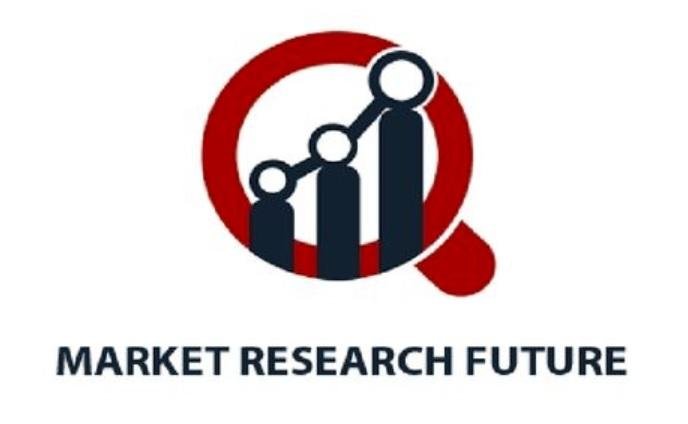In today's rapidly evolving world, the integration of technology into healthcare has become indispensable. One of the most significant advancements is the development of health risk predictors. These sophisticated tools leverage data and algorithms to forecast potential health issues, enabling proactive measures and personalized care. This article delves into the intricacies of health risk prediction technology and its transformative impact on the healthcare industry.
What is a Health Risk Predictor?
A health risk predictor is a technological tool designed to assess and predict an individual's risk of developing specific health conditions. By analyzing a plethora of data points, including medical history, lifestyle factors, and genetic information, these predictors provide valuable insights into potential health risks. But how exactly do they work?
Health risk predictors utilize advanced algorithms and machine learning techniques to analyze vast amounts of data, identifying patterns and correlations that may not be apparent to the human eye.
The Role of Data in Health Risk Prediction
Data is the cornerstone of any effective health risk predictor. The more comprehensive and accurate the data, the more reliable the predictions. Here are some key data sources:
- Electronic Health Records (EHRs)
- Genetic Information
- Lifestyle and Behavioral Data
- Environmental Factors
By integrating these diverse data sources, health risk predictors can offer a holistic view of an individual's health, allowing for more precise and personalized predictions.
Benefits of Health Risk Predictors
The advantages of using health risk predictors are manifold. Firstly, they enable early detection of potential health issues, which can significantly improve treatment outcomes. Secondly, they facilitate personalized healthcare plans tailored to an individual's unique risk profile. Additionally, these tools can help reduce healthcare costs by preventing the onset of severe conditions through early intervention.
Challenges and Considerations
Despite their potential, health risk predictors are not without challenges. Data privacy and security are paramount concerns, as sensitive health information must be protected from unauthorized access. Moreover, the accuracy of predictions depends heavily on the quality of the data used. Incomplete or biased data can lead to erroneous predictions, potentially causing more harm than good.
Real-World Applications
Health risk predictors are already making a difference in various healthcare settings. For instance, the Health Risk Predictor 1 (image below) has been instrumental in identifying early signs of cardiovascular diseases, enabling timely interventions.

Moreover, a video demonstration of the Health Risk Predictor Demo showcases its practical applications and benefits.
Your browser does not support the video tag.Conclusion
In conclusion, the advent of health risk predictors marks a significant milestone in the healthcare industry. By harnessing the power of data and technology, these tools offer unprecedented opportunities for early detection, personalized care, and improved health outcomes. However, it is crucial to address the challenges associated with data privacy and accuracy to fully realize their potential. As technology continues to evolve, the future of health risk prediction looks promising, paving the way for a healthier and more proactive society.




